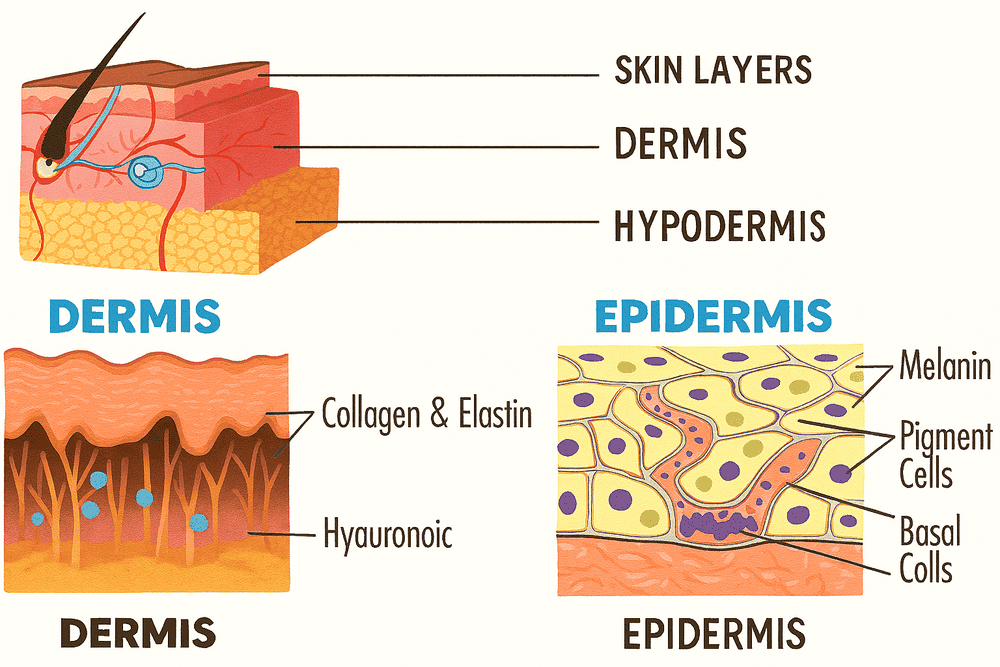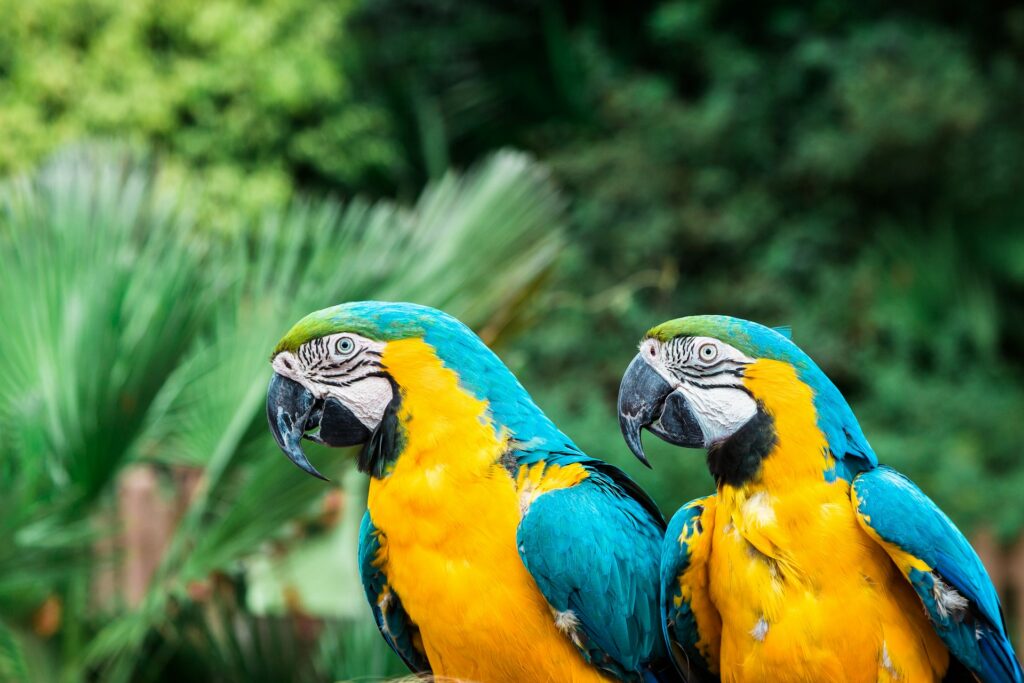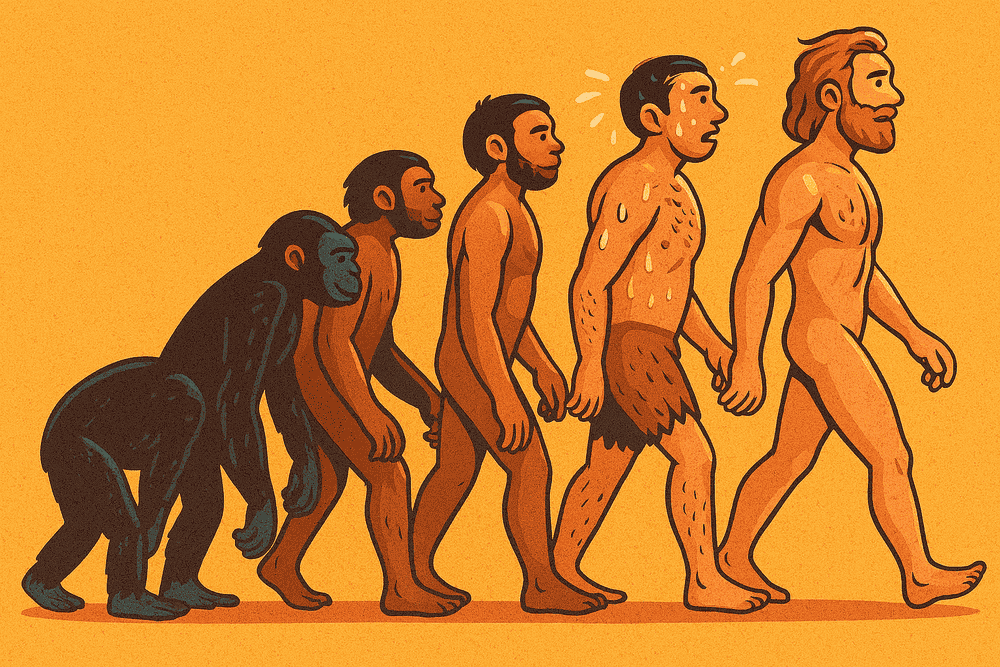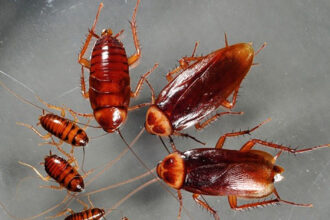Lips are one of the most expressive and attractive features of the human body. They’re not just a visual focal point; they play a vital role in eating, speaking, expressing emotion, and even in forming human connection—sometimes through something as simple as a kiss.
But have you ever wondered why the skin on your lips is so different from the rest of your body? Why is it reddish in color, soft to the touch, and more sensitive than other skin areas? Let’s explore the fascinating science behind your lips.

Why Are Lips Red?
Unlike other parts of the body, lip skin is much thinner. Human skin is typically made up of three layers:
- Epidermis (outermost),
- Dermis (middle), and
- Hypodermis (deepest layer).

The epidermis contains melanocytes, which produce melanin—the pigment that gives our skin its color and protects us from UV radiation.
However, the skin on our lips lacks melanocytes, meaning it contains very little melanin. Combined with a very thin epidermal layer, this allows the red color of blood vessels underneath to become visible—giving lips their characteristic pink or reddish hue.
Why Are Lips Softer Than Other Skin?
One reason lips are softer is because their outer layer—the epidermis—is much thinner and more delicate than in other areas of the body. But that’s not all.
Lips also lack hair follicles. Hair adds structure and toughness to skin. Without it, lip skin becomes more tender and sensitive.
Moreover, lips don’t have sebaceous (oil) glands, which typically help skin stay moisturized. The only moisture your lips get comes from saliva, making them prone to dryness and chapping, especially in cold or dry weather.
Why Do We Kiss with Our Lips?

Lips are densely packed with nerve endings, making them extremely sensitive—just like our fingertips. When you kiss someone, these nerves transmit powerful emotional and sensory feedback to the brain. The thin skin on your lips makes them even more receptive to touch, enhancing intimacy.
This is why lips are often used to express affection. A kiss isn’t just symbolic—it’s a biological trigger for emotional connection.
Why Are Lips Unique to Humans?
Unlike most animals, human lips are clearly defined, bordered by a visible lip line that separates them from the surrounding facial skin. Most mammals don’t have this distinction—indicating that human lips have evolved not only for function but also for communication and expression in increasingly complex social environments.
Though scientists don’t fully understand all the evolutionary pressures behind this change, one thing is clear: lips are more than just skin—they’re part of what makes us human.







